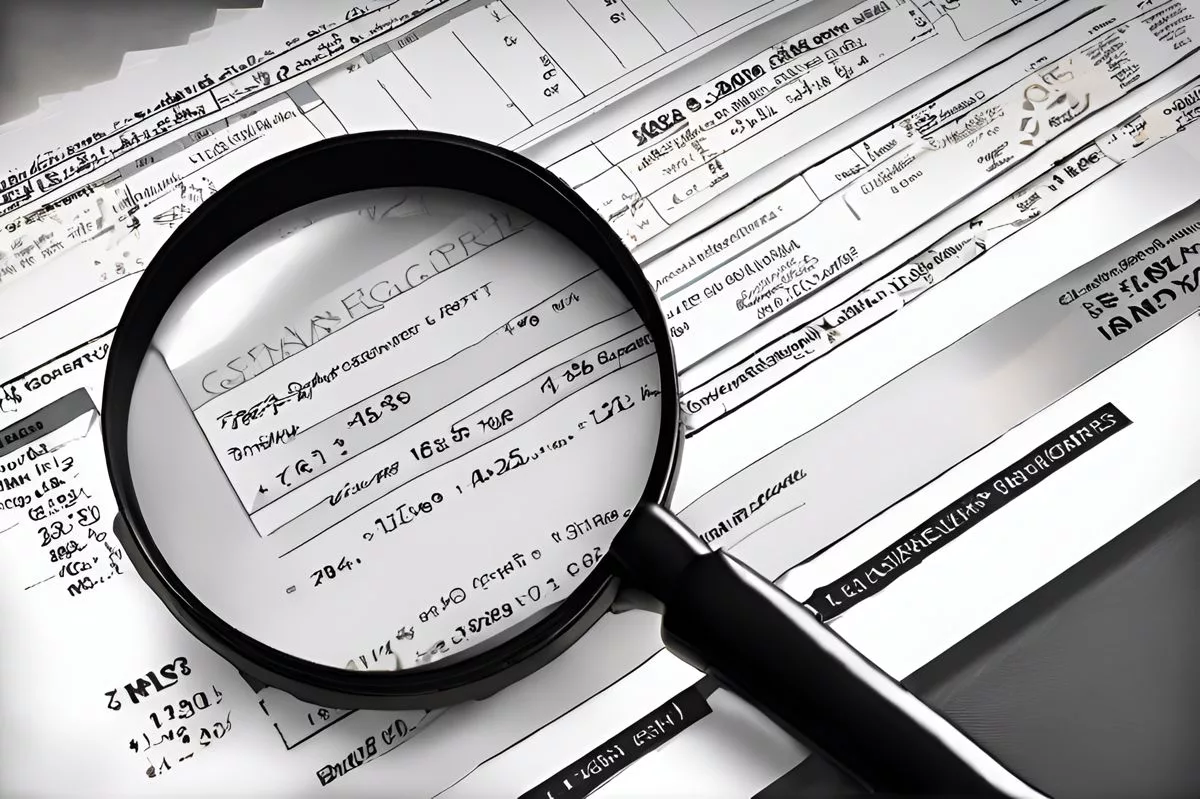South Africa’s National Council of Provinces (NCOP), the nucleus of the country’s democratically elected power structure, is set to begin a new term with renewed excitement and anticipation. Newly elected chairpersons and Whips are undergoing a two-day immersion program to lay the groundwork for fulfilling the NCOP’s charge, which includes supervising government departments and handling Bills. With up to 15 committees gearing up to assemble, the Parliament of the Republic of South Africa remains steadfast in keeping citizens in the loop and updating the committee meeting schedule, demonstrating the country’s commitment to transparency and democracy in action.
Prepping the Pioneers of the Parliament: The newly elected chairpersons of select committees and Whips undergo a two-day immersion program to lay the groundwork for fulfilling the NCOP’s charge in the 7th Parliament. They are handpicked from the 54 members of the NCOP and are entrusted with supervising the functioning of the national government departments, handling Bills, and piloting committees.
With the NCOP, the nucleus of South Africa’s democratically elected power structure, springing back to life after the constituency phase, a renewed wave of eager anticipation courses through the veins of the nation’s political landscape. An uncharted term is on the threshold, offering a platform for the country’s administration to mould the political discourse and actively champion the needs of their people.
Prepping the Pioneers of the Parliament
The parliamentary itinerary kick-starts with a two-day immersion program, meticulously tailored for the recently elected chairpersons of select committees and Whips. The essence of this symposium lies in laying the groundwork for a synergistic alliance between the Whips and chairpersons, spotlighting their individual remits and responsibilities. The overarching mission? To fulfill the NCOP’s charge in the 7th Parliament. This intricate interplay of roles, maneuvered under the preliminary macro strategic framework of the 7th Parliament, forms the backbone of this endeavour. This blueprint is an indispensable tool that offers strategic direction to the committees to help attain the Parliament’s lofty objectives.
What is the identity of these chairpersons and Whips who are slated to sculpt the future of South Africa’s 7th Parliament? They are handpicked from the 54 full-fledged members of the NCOP, entrusted with the responsibility of supervising the functioning of the national government departments, handling Bills, and piloting a variety of committees.
Parliamentary Activities: A Whirlwind of Engagements
The inaugural week of the term witnesses a flurry of activities, with up to 15 committees gearing up to assemble. Each rendezvous serves as a platform for pivotal dialogues, animated debates, and critical decisions. The first day of the week, falling on the 20th of August 2024, is projected to be a day brimming with engaging discourses and tactical brainstorming. The Standing Committee on Public Accounts, the Portfolio Committee on Science, Technology and Innovation, the Portfolio Committee on Sport, Arts and Culture, the Portfolio Committee on Higher Education and Training, and the Portfolio Committee on Correctional Services are all armed and ready to convene.
The subsequent day, 21st August 2024, sees the Portfolio Committee on Higher Education and Training, the Portfolio Committee on Trade and Industry, the Portfolio Committee on Public Works and Infrastructure, and the Portfolio Committee on Land Reform and Rural Development seizing the reins, continuing the ceaseless journey towards advancement.
The week winds down with the 23rd of August 2024 earmarked for meetings of the Portfolio Committee on Higher Education and Training.
The Machinations of the Democratic Machinery
Each committee, each leader, each dialogue constitutes a critical fragment of the democratic mosaic. The committees wield the power to summon any individual to testify or furnish documents before them. They can requisition any individual or institution to render a report to them and are authorized to receive petitions, representations, or submissions from the public. The committees are the powerhouse of the legislative mechanism, carving out the nation’s future.
Prominent amongst this fraternity of legislators is Ms. Mary-Ann Lindelwa Dunjwa, a delegate of the African National Congress from the regional list for Eastern Cape. She plays a proactive role in the Portfolio Committee on Women, Youth and Persons with Disabilities.
As this complex matrix of meetings, dialogues, and determinations unravels, the Parliament of the Republic of South Africa remains steadfast in keeping its citizens in the loop, consistently updating the committee meeting schedule. This dedication to transparency bears witness to the nation’s democratic ethos.
Democracy in Action: An Ode to Progress and Collaboration
This narration of parliamentary proceedings serves as a testament to the democratic processes that underpin our society, the commitment of the lawmakers, and the intricate yet seldom recognized apparatus that keeps the wheels of democracy in motion. It pays homage to the relentless quest for progress, the essence of collaboration, and the potency of conscious decision-making. It offers a peek into the core of the South African Parliament, as it pulsates steadily, charting the course for the nation’s future.
What is the National Council of Provinces (NCOP)?
The National Council of Provinces (NCOP) is the nucleus of South Africa’s democratically elected power structure. It is responsible for supervising government departments and handling Bills, and consists of 54 members who are handpicked from the provinces.
What is the purpose of the two-day immersion program?
The recently elected chairpersons of select committees and Whips undergo a two-day immersion program to lay the groundwork for a synergistic alliance between the Whips and chairpersons. The purpose of this program is to spotlight their individual remits and responsibilities and fulfill the NCOP’s charge in the 7th Parliament.
How many committees are gearing up to assemble?
Up to 15 committees are gearing up to assemble to discuss pivotal dialogues, animated debates, and critical decisions in the inaugural week of the term.
What is the role of the committees?
The committees wield the power to summon any individual to testify or furnish documents before them. They can requisition any individual or institution to render a report to them and are authorized to receive petitions, representations, or submissions from the public. They are the powerhouse of the legislative mechanism, carving out the nation’s future.
Who is Ms. Mary-Ann Lindelwa Dunjwa?
Ms. Mary-Ann Lindelwa Dunjwa is a delegate of the African National Congress from the regional list for Eastern Cape who plays a proactive role in the Portfolio Committee on Women, Youth and Persons with Disabilities.
What is the dedication of the Parliament of the Republic of South Africa to transparency?
The Parliament of the Republic of South Africa remains steadfast in keeping its citizens in the loop, consistently updating the committee meeting schedule. This dedication to transparency bears witness to the nation’s democratic ethos.












